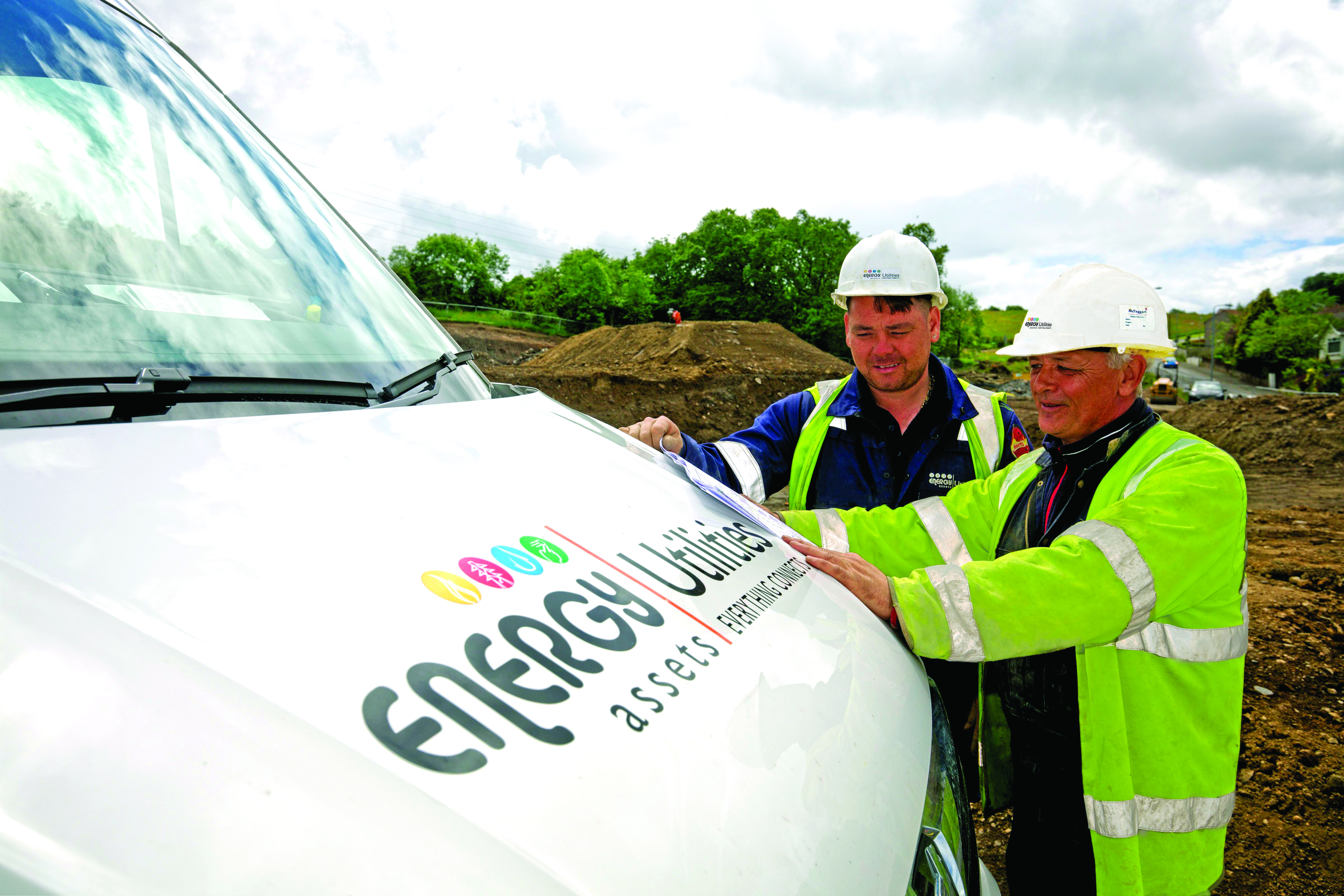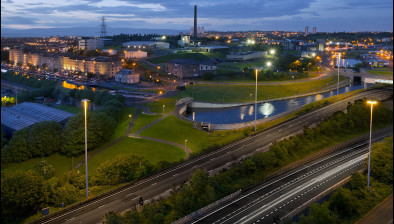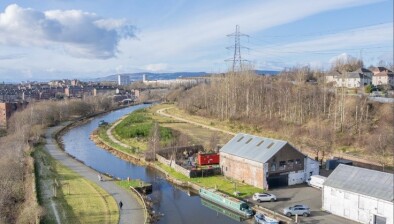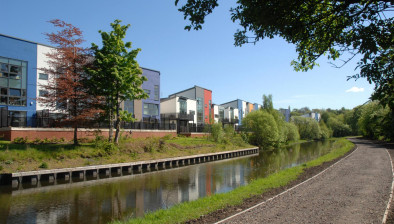EAU to bring hyperfast connectivity to Dundashill
Energy Assets Utilities (EAU) has been selected to bring the benefits of hyperfast broadband connectivity to a new housing development planned as part of a visionary regeneration scheme in Glasgow.

The Dundashill project, conceived and managed by Scottish Canals and Igloo Regeneration, will transform a former distillery site into a 600-home development that will benefit from smart city innovations.
These include ultra-fast digital networks, renewable energy sources, energy-efficient street lighting and Europe’s first-ever ‘smart canal’ - a pioneering digital surface water drainage project led by Scottish Canals.
EAU is a specialist multi-utility network construction business and has been confirmed by Scottish Canals and Igloo as the installation partner for the Grain fibre-to-the-home network, bringing broadband speeds of up to 1000Mb to households.
EAU is also responsible for the construction of the gas, water and electricity infrastructure serving the site. Once complete, all the network assets will be adopted and managed by the Energy Assets Networks (electricity) and Energy Assets Pipelines (gas).
The fibre-to-the-home agreement will ensure that hyperfast broadband is in place on the day that residents move into their new homes, ready to drive the growing array of digital services linked to domestic energy management and lifestyle choices. Grain provides all new households with free 14-day access to the latest broadband technology, with customer follow-on take-up rates currently averaging 95%.
Ground preparation works are now under way at Dundashill, with funding support from the Glasgow City Region City Deal, with house-building due to commence later this year with a view to the first residents moving into new homes in 2020.
The development area is a 15-acre former distillery site in the Port Dundas area of Glasgow, immediately to the north of the city centre and owned by Scottish Canals. The regeneration programme will contribute to the 3,000 new homes being built across North Glasgow over the next few years.









